With above-average rainfall predicted for spring and summer thanks to La Niña, storms and floods could affect our homes no matter how prepared we are.
We share tips on what to do after your home has had electrical damage due to severe weather.
Connection damage
Your property or connecting line may have been damaged during a storm or flood. In this case, you will need a licensed electrician to undertake verification tests on your switchboard, wiring, equipment, and appliances to ensure the electrical circuits are still working and that your home is electrically safe before reconnection. Once the work is done, they can issue you a ‘certificate of test’, which can help you reconnect your service with the local electricity distribution entity.
Damaged electrical equipment and appliances
Do not touch or use any electrical equipment, including items plugged into power, that have been damaged by water or submerged in flood water as they pose a high risk of electrocution. Stay away and don’t touch switchboards if they are damaged by water, fire or if lightning is close.
They must be checked and tested by a licensed electrical contractor before being used again. Only some appliances can be reused after a flood, while others will need to be replaced.
Fallen power lines
Report any fallen, low or damaged powerlines to the emergency services or your local electricity distribution entity and stay away from them; treat them all as live. Be mindful when cleaning up fallen branches and debris around the property, as they could be hiding fallen or submerged powerlines.
Power surges
Power surges sometimes occur during wild weather due to lightning strikes or when the power is restored after an outage or blackout. As a result, the appliances and electrical systems in the home can receive a large power surge and fail to work. Surge protectors or surge suppressors can protect your sensitive appliances from voltage spikes. We recommend getting a high-quality surge protector and replacing it every two years.
Damaged solar system
In case of wild weather or an emergency, you might need to shut down your solar system - follow the shutdown procedures on the inverter or the main switchboard. Don’t turn off the system if any of its components are wet or damaged or if internal wires are exposed. If your system has been damaged, contact a licensed electrical contractor or installer for advice before turning it on. Solar PV systems will continue producing electricity when exposed to light even if the network supply is turned off or the system has been shut down. Don’t touch them or any conductive material that exposed parts of the system are touching, as they may also be live.
Electrical insurance claim reports
Your home and contents insurance policy may cover your property or appliances' electrical-related damage due to unforeseen external events and severe weather. The success of electrical insurance claims depends on your insurance cover and the cause of the electrical damage. Insurance companies require a licensed electrician to provide an electrical insurance damage report outlining the cause and extent of the damage and a pricing estimate of materials and work that needs to be undertaken to repair the damage.
Contact our team if you believe your home has had electrical damage - never attempt to do your own electrical work - it's illegal and dangerous. In case of emergencies, we are contactable and able to assist 24/7 to keep you and your home electrically safe and reconnected again. We can also help with electrical insurance claim reports and carry out any electrical repair work associated with insurance claims.


